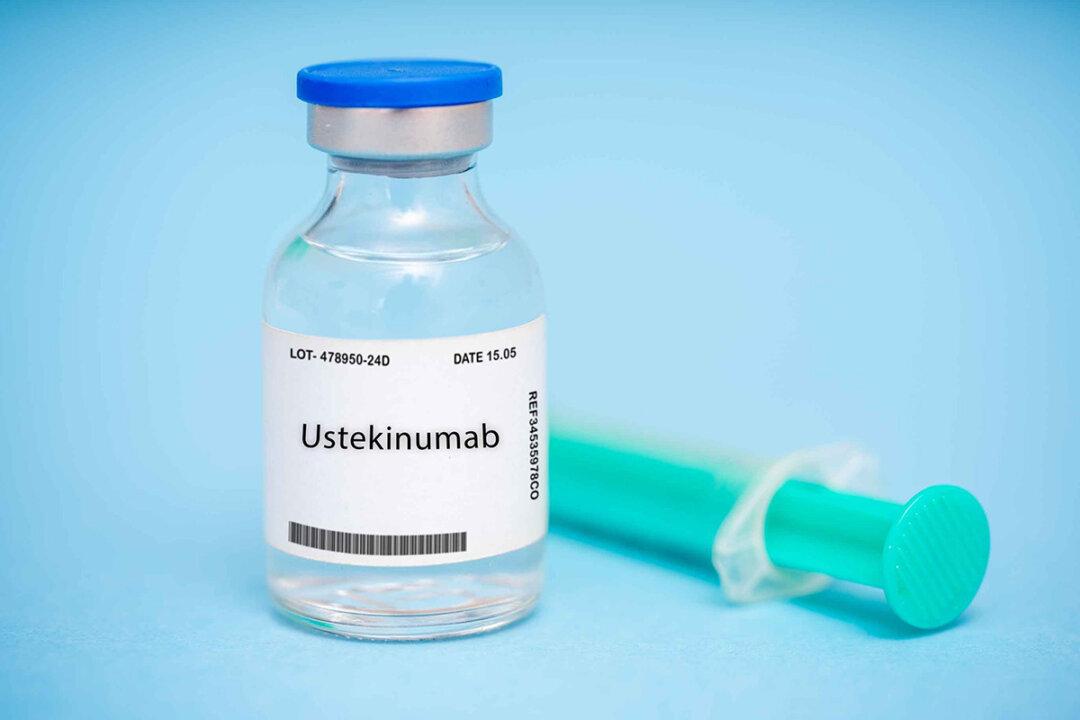Americans with local advanced or metastatic bladder cancer can now turn to a new first-line treatment for their disease—a drug combination that shows better outcomes compared to chemotherapy.
The FDA approved the combination of enfortumab vedotin-ejfv (Padcev) and pembrolizumab (Keytruda) for patients, regardless of their cisplatin eligibility, following a study showing its efficacy. The combination previously received accelerated FDA approval for patients who could not receive cisplatin-containing chemotherapy.
Breakthrough Study Shows Better Survival Rates
Results of a breakthrough trial, presented in October at the European Society for Medical Oncology (ESMO), indicated that the combination of enfortumab vedotin-ejfv and pembrolizumab nearly doubled the survival rate in advanced stage cancer patients who were previously untreated.The trial, called the EV-302-KEYNOTE-A39 study, included 886 patients with advanced bladder cancer. They were randomly chosen to receive either the combination of drugs or platinum-based chemotherapy, the previous standard-of-care treatment for advanced-stage bladder cancer. The results astounded the research team: Patients on the combination of drugs had an overall survival rate of 31.5 months, versus a survival rate of 16.1 months for those on chemotherapy.
“As you know, we’ve never seen a survival signal before in urothelial cancer,” said Dr. Thomas Powles, director of Barts Cancer Center in London, at ESMO. “We’ve never beaten chemotherapy in the first-line setting. This is the first time we’ve achieved that goal.”
- Maculopapular rash, in which the skin can become covered by small raised bumps.
- Neutropenia, a condition when the body does not produce enough white blood cells.
- Peripheral neuropathy, a condition marked by weakness, numbness, and pain in the hands and feet due to damage to the nerves outside of the brain and spinal cord.
- Increased creatinine, glucose, and lipase.
- Decreased hemoglobin, sodium, phosphate, and albumin.
- Itching.
- Fatigue.
- Diarrhea.
- Anemia.
Expanded Treatment Options, Hope for Cancer Patients
Despite the side effects, the new drug combination shows promise for patients living with a difficult cancer. There are more than 500,000 new cases of bladder and urothelial cancers each year, with 212,000 deaths reported annually throughout the world. (pdf) According to the American Cancer Society, urothelial cancer is the most common type of bladder cancer and more than one in ten of those cases are local advanced or metastatic, meaning it has spread to other organs in the body.“Despite advances in the treatment of advanced bladder cancer, there remains a need for therapies that extend patients’ lives,” said Andrea Maddon-Smith, CEO of the Bladder Cancer Advocacy Network, in a press release on Dec. 15. “Our network is thrilled that the FDA has approved a new treatment option, and we are excited about the hope it will provide to members of the bladder cancer patient community.”
“We hope the approval of this combination will transform the standard of care for advanced bladder cancer and give patients more time with their loved ones,” Dr. Roger Dansey, chief development officer at Pfizer, shared in the press release.







